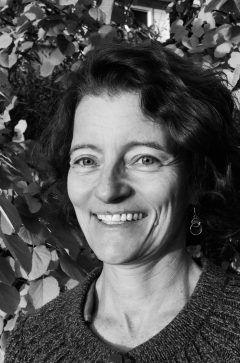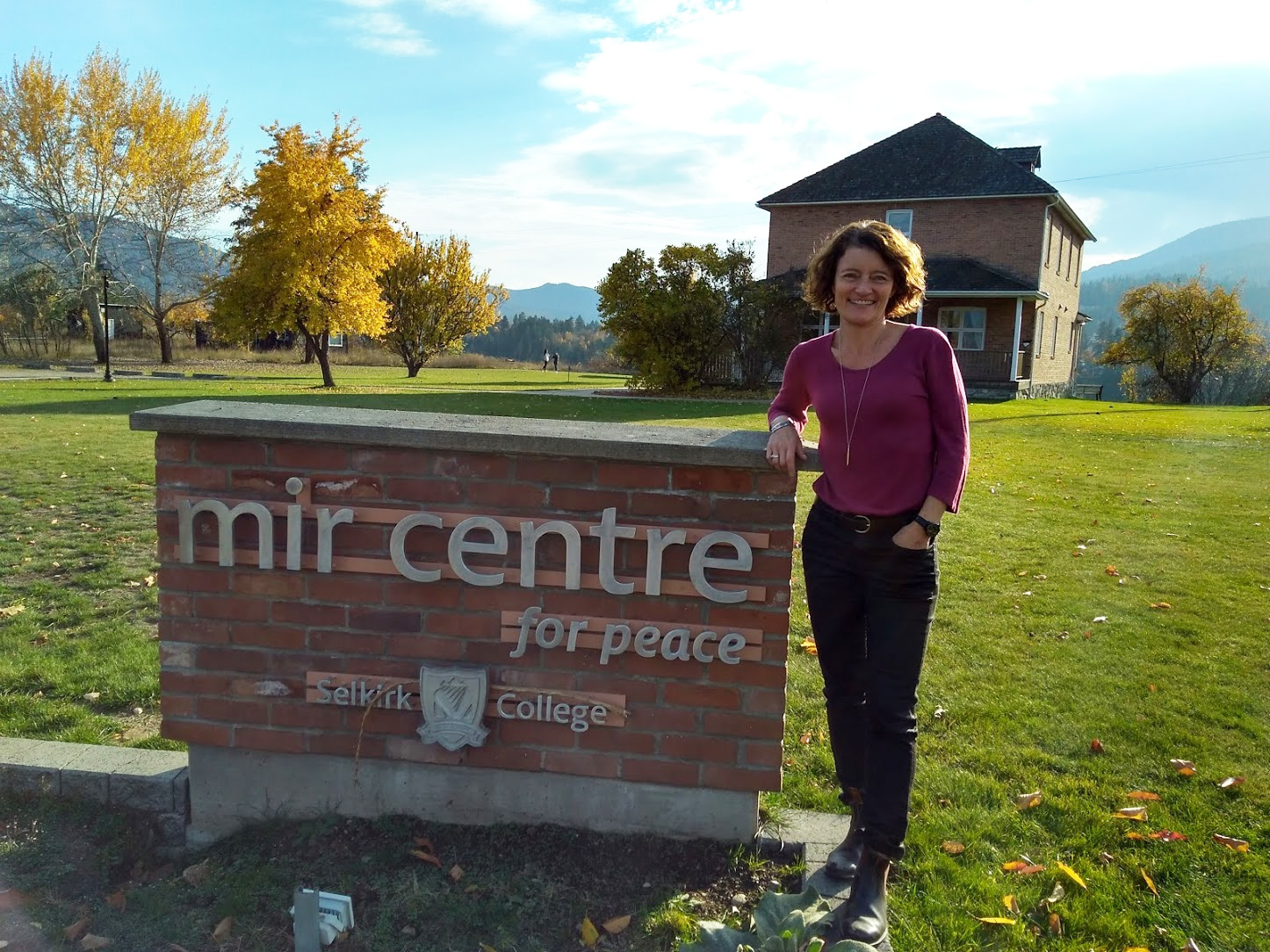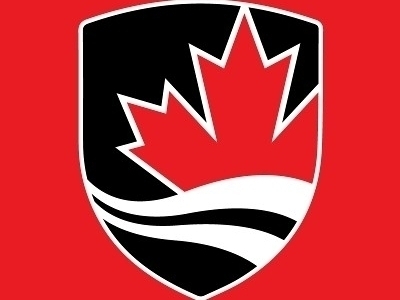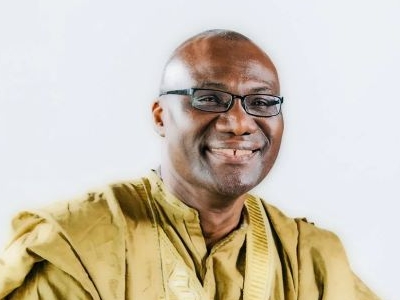–The following story was written by Taia Goguen-Garner.
A sense of community is established in many ways, but did you ever think an orchard would bring people together?
 Jennie Barron is a PhD student in the Department of Geography and Environmental Studies. Her research looks at community orchards that are publicly accessible and maintained by volunteers from the surrounding community. At these orchards, food is grown and shared with the community at no cost.
Jennie Barron is a PhD student in the Department of Geography and Environmental Studies. Her research looks at community orchards that are publicly accessible and maintained by volunteers from the surrounding community. At these orchards, food is grown and shared with the community at no cost.
“Just using public space (sometimes parks) to grow food strikes many people as bizarre, almost inappropriate,” says Barron. “But if we see access to good food as a fundamental human right, then, we can organize very different systems for realizing that right than we have now. At the same time, I see these orchards as being about much more than the food that is grown there. They’re fundamentally about building community around the idea that urban space itself can be a commons – something to share and take care of together.”
In her research, Barron explored the social and political diversity of the membership and biodiversity of nine orchards in Vancouver, Victoria and Toronto. She interviewed 35 community orchardists after making multiple visits to various orchards.
Not only do these orchards bring people together, but they also create a sense of food security within their communities. For example, people can have access to fresh fruit.
“Food security can mean many things, from everyone having enough nutritious food to all of us participating in a food system that is ecologically sustainable, socially equitable, and humane,” explains Barron.
“Right now, not everyone has access to a healthy diet and many of the ways we are producing and procuring food are often exploitative and damaging to the environment. But we’re in a phase of active experimentation around alternatives and there are a lot of exciting developments in urban agriculture that may point to more just and ecologically sustainable ways of feeding ourselves in the future.”
Barron initially got interested in this type of research in 2005 as a way to green the all-asphalt playground at her son’s school.
Shares Barron: “Over the next seven years, we developed that green space to include 11 gardens where students learned to grow everything from lettuce, peas and chard to pumpkins, corn, blueberries, rhubarb, even buckwheat, which they winnowed by hand, ground into flour and turned into pancakes! So I became an enthusiast for bringing food-growing into public spaces.”
Barron moved her family to Ottawa from B.C in order to complete her studies at Carleton. She made the decision to come to here after meeting her supervisor Patricia Ballamingie at a conference and establishing that they had similar areas of interest.
“I have found in both of my graduate degrees that the relationship you have with your advisor is the single most important factor in ensuring success and a positive all-round academic experience…Trish always seemed to know what to say to bring out my best work, and to boost my motivation when it was lagging or when I was feeling confused or discouraged. She was very understanding when my circumstances were challenging, and she believed I would find my way through the tangle of ideas, even when I doubted it. Eventually, I did, of course!”

Today, Barron is working as Chair of the Mir Centre for Peace at Selkirk College in Castlegar, B.C.
Her new job is a blend of teaching, research, community outreach and programming. The Mir Centre is housed in an original, restored Doukhobor communal house on the grounds of the College. There is an abandoned yet still fruitful orchard on that site.
Among its many programs, Selkirk offers university-level courses in Peace and Justice Studies, and also a certificate in Restorative Justice.
“I am just starting to develop a program of applied research, which will complement our very successful lecture series and help fulfill our mission of building cultures of peace.”
Barron is a winner of the Joseph Armand Bombardier SSHRC Doctoral Fellows award.
She is set to graduate from Carleton with her PhD in Geography this fall.

Monday, October 22, 2018 in Convocation, Grad Student Research, News
Share: Twitter, Facebook




